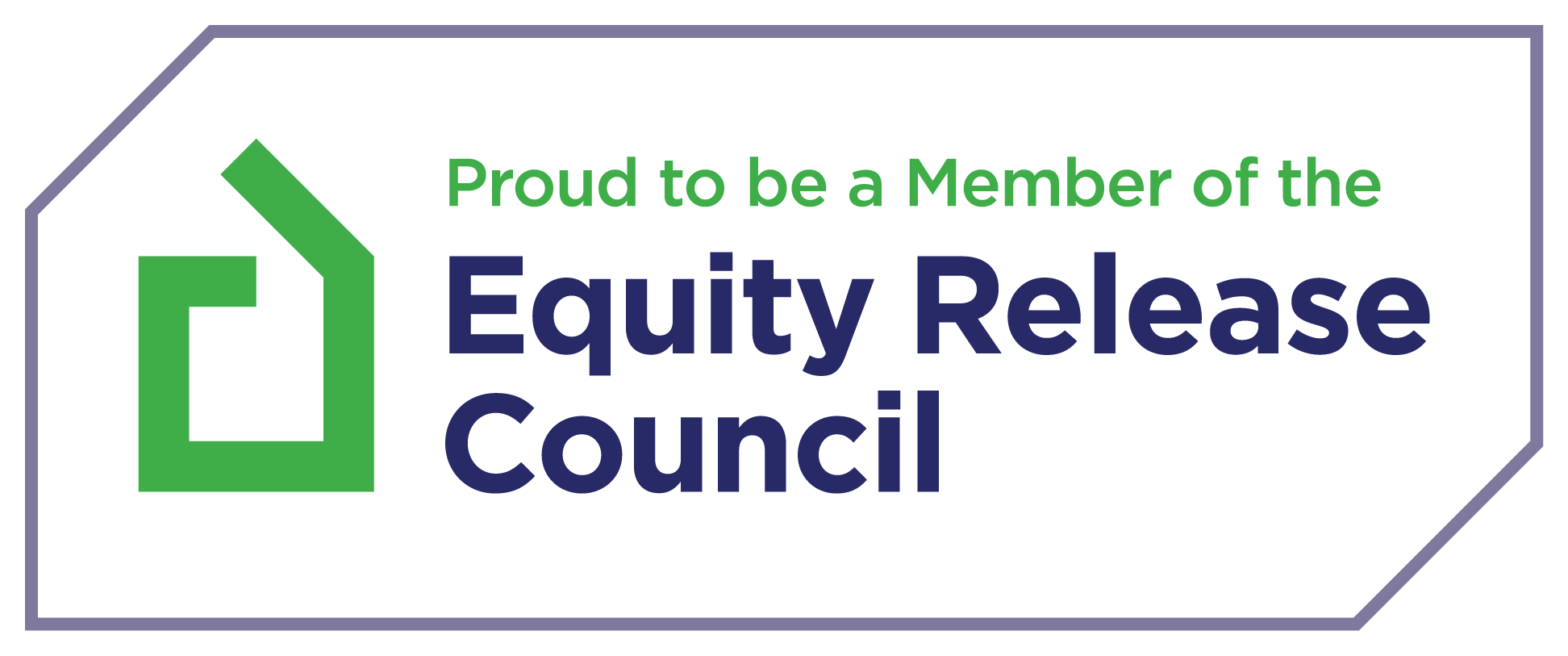Contact
020 4515 6728
info@ccameron.co.uk
Charles Cameron & Associates
Blackfriars Foundry
154-156 Blackfriars Road
London SE1 8EN
Taking out a mortgage in later life to bypass inheritance tax
August 4, 2023
Information published was correct at the time of writing
Over-60s consider passing on assets or property to family members...

As the population of over-60s in the UK increases, more and more are considering taking out mortgages to bypass Inheritance Tax (IHT). This strategy could reduce a potential IHT liability when passing on assets or property to family members after death if appropriate.
IHT is a levy on the total value of an individual’s estate after they pass away, inclusive of all assets – property, possessions and cash. The typical IHT rate currently stands at 40%, applicable only to the portion of the estate exceeding the tax-free nil-rate band threshold of £325,000.
The following conditions exempt your estate from this tax: n If the total value of your estate falls below the £325,000 threshold or nil-rate band n If you bequeath everything above the threshold to your spouse or registered civil partner n If you bequeath everything above the threshold to an exempt beneficiary, such as a charity or a community amateur sports club.
TAX-FREE THRESHOLD INCREASES
If you give your home to your children or grandchildren, the threshold can increase to £500,000. For instance, if your estate is valued at £525,000 and your IHT threshold is £325,000, the taxable portion of your estate would be £200,000 (£525,000 – £325,000). Consequently, the tax due would be £80,000 (40% of £200,000). Transferring a home to your spouse or registered civil partner upon death does not attract IHT.
However, if the home is left to another individual, it adds to the estate’s total value. An exception exists in the Residence Nil-Rate Band (RNRB), which increases your tax-free threshold if you leave your home to your children or grandchildren.
TRANSFERRING TO A DIRECT DESCENDANT
This encompasses stepchildren, adopted children and foster children but omits nieces, nephews or siblings. If your estate’s total value surpasses £2 million, the home allowance gradually diminishes, reducing by £1 for every £2 above the threshold.
The Finance Bill 2021 confirmed that IHT nil-rate bands will stay at their current levels until April 2026. As per the regulations, if you’re transferring your home to a direct descendant, you can utilise a £175,000 tax-free allowance in the 2023/24 tax year.
IHT is a levy on the total value of an individual’s estate after they pass away, inclusive of all assets – property, possessions, and cash.
REDUCING AN ESTATE’S SIZE
Taking out a mortgage could reduce this amount of IHT by reducing an estate’s size. This can benefit those with property worth more than the threshold figure but who don’t want their family to pay the associated IHT. For example, a parent who owns a house worth £400,000 could take out a mortgage of £150,000 and leave the house to their child in their Will.
This would reduce the estate size from £400,000 to £250,000 – much less than the threshold figure. No IHT would be due on this asset when passed on to the next generation.
TAKING OUT A MORTGAGE IN LATER LIFE
In some cases, those over-60s taking out mortgages can also get better interest rates than they would have had if they had taken out a loan or mortgage in their younger years. This means they reduce a potential IHT liability, diversify their investment portfolio and make their money work harder. Therefore, taking out a mortgage in later life can benefit those looking to reduce their IHT liability and make the most of their financial assets.
However, it is essential that people consider all the implications before entering into any such agreement, as there are risks associated with borrowing at any age. Seeking professional mortgage advice is essential in this situation.
Don’t forget, our professional friendly advisers are on hand to support you and can help you explore all of your options.
We are proud members of the Equity Release Council.




